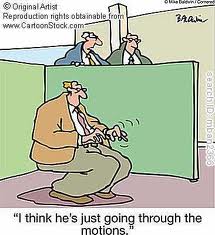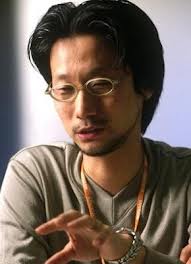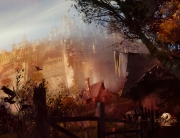Person A: “So, what do you do?”
Me: “I’m a producer at a game company.”
Person A: Cool…
A long beat as we look down at our drinks.
Person A: So… what do you do?
What does a producer do? I know I didn’t know the answer until I actually started taking on production responsibilities at Pure Bang.
In the simplest terms, a producer generally acts as a project manager. A producer has to make sure that the team (1) completes the game on time, (2) stays within the budget, and (3) completes the game to the highest possible quality.
The job description definitely lacks the auteur allure of becoming a writer or designer. But beyond the management, the producer is often in charge of creating and maintaining the vision (whether it’s for a game or a game feature). The producer then sets clear goals that the team can pursue in order to achieve that vision.
Hideo Kojima, the master behind the Metal Gear games, is probably one of the most famous producers in the game industry. In a recent interview, he spoke about how becoming a producer allowed him to realize his vision for the Metal Gear series.
“[In order] to create something truly great, you have to create the environment that allows people to create freely. And in order to accomplish that, I decided I had to become a producer, that becoming a producer would allow me to create the teams that I wanted to create.”
I first entered the industry with the goal of becoming a narrative designer (it’s just an industry term for a writer who works on games). Contrary to what most people believe, most designers have very little input in the overall creative direction of a game unless they are very senior. Designers also have no control over matters of budget, scope, and personnel — all essential elements that determine the creative outcome of a game (gamers who complain on comment boards don’t understand how significantly budgetary constraints and lack of time drive creative decisions during production).
I’m not singling out design as an inferior and subordinate discipline. Far from it. Design is a complex discipline that requires the rare talent of being able to combine analytic and creative impulses to create game systems. They are some of the smartest and most motivated and passionate people I know.
Let’s face it — we have all gotten to a point, regardless of profession, where we simply went through the motions. For me, I was just “making games.” This is simply my story, and the realization and change I had to make for myself at Pure Bang.

I am not interested in just making games. I am interested in creating a vision. I believe it is this yearning that elevates people from mercenaries to patriots. This is my guiding principle as a producer, and it is something I try to communicate to the team through my actions.








Leave A Comment